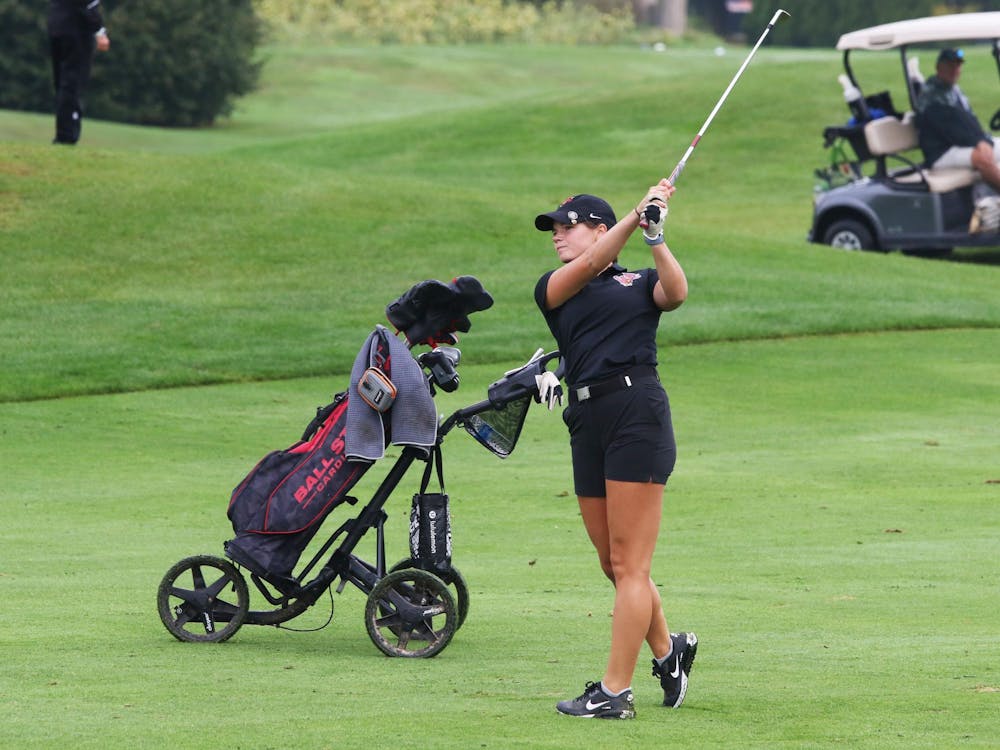Men may think their male classmates are smarter than their female classmates, according to a February 2016 study at the University of Washington.
Gender roles have been a fixture of society for centuries, according to the Women's International Center. In the past, a woman’s two most important jobs were to be a wife to her husband and a mother to her children. For this reason, many people considered women to be the weaker sex both physically and intellectually.
“Men and women learn to fall into those roles sometimes," Jennifer Erickson, an assistant professor of anthropology at Ball State, said.
Women had to work harder to earn respect and to do things men have always been able to do. Erickson said even now, the idea that women are inferior to men is still present.
“Women are just as capable as men, but they're not taught from a young age that they are as capable," Erickson said.
Does this idea that women are less capable carry into college classrooms today?
Dan Grunspan, anthropologist at the University of Washington (UW) and a group of researchers conducted a study at UW among 1,700 biology students. The students were asked to choose their most knowledgeable classmates.
Grunspan saw a consistency among the male students' choices. Paying no attention to GPAs or outspokenness, men had a tendency to pick other male classmates to be most knowledgeable.
Women, on the other hand, were choosing equally between their male and female classmates. Men also ranked their male counterparts three quarters of a GPA point higher.
In a previous study, the same group of researchers concluded woman are more nervous and uneasy about talking in front of the class.
“I know that I don’t participate a lot because I’m shy,” Elisha Henry, a sophomore marketing major, said.
Do people see this happening at Ball State?
“I do notice that in one of my classes, males do participate more," Henry said.
Other students said they haven't noticed a difference in their classrooms.
“I think it’s pretty equal participation wise," Nick McClelland, a junior construction management major, said.
Freshman psychology major Avenn Benton agreed with McClelland.
“In a lot of my classes, it’s an equal balance," Benton said. "I wouldn’t say that one participates more than the other.”
According to Sarah Eddy, co-lead author of the study, peer support is what helps keep women in the science, technology, engineering and mathematics (STEM) fields. Gender biases can play into a woman's decision to stay in STEM or pursue a different career.
“In terms of overall pay and wage gap, the STEM fields tend to pay a lot more than social sciences and other fields," Erickson said. " So if men are encouraged to go into those fields more than women, then that contributes to the average pay scale that men get more than women."





